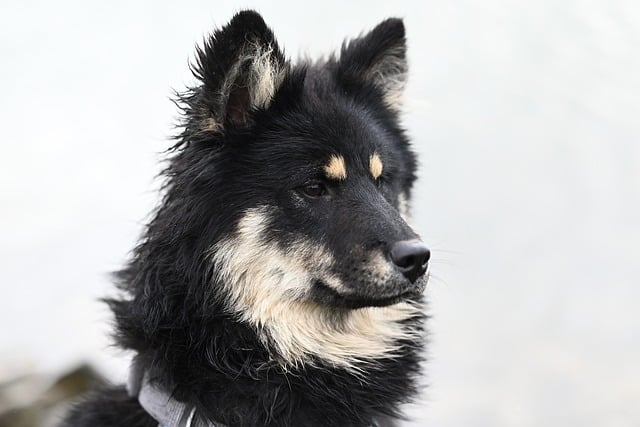
What is glaucoma in a dog?
You might notice your dog squinting more at mealtime or avoiding bright sunlight—these small changes could be early signs of a serious eye condition.
Is your usually energetic pooch suddenly turning up its nose at dinner? Maybe it’s lingering near the water bowl but barely sipping, or flinching when you reach to pet its belly. These small changes might brush off as a "bad day," but for new dog owners, they’re worth paying attention to—especially when pancreatitis is in the picture. This condition, where the pancreas becomes inflamed, can sneak up on dogs, and catching it early makes a world of difference for their recovery.
To understand why early symptoms matter, think of the pancreas as a tiny factory that makes enzymes to break down food. When something upsets this factory—like a sudden feast of fatty table scraps or even stress—those enzymes can start attacking the pancreas itself. It’s painful, and if left unchecked, can get serious fast. Dogs of any age or breed can be affected, but pups who love sneaking treats from the grill or struggle with obesity are more at risk.
So what should you watch for? Loss of appetite is often the first clue. That food-obsessed lab who’d steal a hot dog off the picnic table? If they walk away from their kibble, take note. Vomiting, especially if it’s frequent or brings up yellow bile, is another red flag. You might also notice your dog hunching its back like it’s trying to ease a stomach ache, or avoiding jumping onto the couch—a spot they normally race to claim. Lethargy creeps in too; instead of tugging at the leash for a walk, they lag behind or lay down mid-block.
 If you spot these signs, don’t panic—but don’t wait. Call your vet right away. Note when the symptoms started, what your dog ate in the last 24 hours, and any changes in behavior. This info helps them act quickly, maybe with blood tests or an exam.
If you spot these signs, don’t panic—but don’t wait. Call your vet right away. Note when the symptoms started, what your dog ate in the last 24 hours, and any changes in behavior. This info helps them act quickly, maybe with blood tests or an exam.
Preventing pancreatitis ties into everyday care, which new owners often learn as they go. In many states, keeping up with vet check-ups is part of responsible pet ownership—those visits can catch weight gain or dietary issues before they spark trouble. When it comes to food, skip sharing your burger or fries; high-fat foods are a top trigger.Apartment dwellers, especially, might notice their pups beg more during meal prep—stick to their regular, vet-approved diet instead of caving.
Remember, our furry friends can’t tell us when they’re in pain. That’s why noticing the little things—like a skipped meal or a shy step—matters so much. Positive reinforcement works here too: praising your dog for eating well or staying active helps you bond and keeps you attuned to their normal habits. And if you’re ever unsure, your vet is your best resource. They’ll guide you through what’s normal, what’s not, and how to keep your pup happy and healthy.
Pancreatitis in dogs is manageable when caught early, and as a new dog owner, your awareness is their best defense. Stay curious about their quirks, keep that vet’s number handy, and trust your gut—if something feels off, it probably is.

You might notice your dog squinting more at mealtime or avoiding bright sunlight—these small changes could be early signs of a serious eye condition.

Let’s set the scene: It’s a sweltering Phoenix afternoon—105°F outside—and you rushed your 2-year-old Lab mix, Cooper, on a quick walk to “get it over with.”

Let’s get real: You’re in your Miami apartment, watching your 3-year-old Corgi, Loki, struggle to climb the stairs to your second-floor unit.

Many dog owners brush off occasional scratching as just “dog behavior,” but persistent itching often signals something more—like a food allergy.

You might first notice your dog scratching more than usual—chewing at their paws until the fur looks thin, or rubbing their face against the couch nonstop.

Let’s be real: You’re standing in your Chicago apartment, watching your 3-year-old Beagle, Max, huff and puff just to climb onto the couch.